Chrome alloy forging
Chrome Alloy Forging: An OverviewChrome alloy forging is a specialized manufacturing process used to produce high-strength, durable components for demanding applications across various industries. Chrome alloys, known for their exceptional hardness, wear resistance, and corrosion resistance, are particularly well-suited for environments where extreme mechanical stress, high temperatures, or exposure to corrosive elements are present. The forging process enhances the inherent properties of these alloys, resulting in components with superior mechanical performance and longevity. Material Properties of Chrome AlloysChrome alloys are primarily composed of chromium, often combined with other elements such as nickel, molybdenum, and carbon. The high chromium content (typically ranging from 10% to 30%) imparts excellent corrosion resistance, making these alloys ideal for use in harsh environments, such as chemical processing, oil and gas, and marine applications. Additionally, the inclusion of elements like molybdenum and nickel enhances the alloy's strength, toughness, and resistance to high temperatures. This combination of properties makes chrome alloys a preferred choice for critical components in industries such as aerospace, automotive, energy, and heavy machinery. The Forging ProcessForging is a manufacturing process that involves shaping metal using localized compressive forces, typically applied through hammering, pressing, or rolling. For chrome alloys, forging is particularly advantageous because it refines the grain structure of the material, improving its mechanical properties. The process can be performed at various temperatures, including hot forging, warm forging, and cold forging, depending on the desired characteristics of the final product.1. Hot Forging: This is the most common method for chrome alloys, involving heating the material to temperatures above its recrystallization point (typically between 950°C and 1250°C). Hot forging allows for easier shaping of the material and reduces the risk of cracking or internal defects.2. Warm Forging: Performed at intermediate temperatures, warm forging offers a balance between the ease of shaping and the enhanced mechanical properties achieved through cold forging.3. Cold Forging: Although less common for chrome alloys due to their high strength, cold forging can be used to achieve tight tolerances and excellent surface finishes. Advantages of Chrome Alloy ForgingThe forging of chrome alloys offers several key benefits:- Superior Strength and Durability: The forging process aligns the grain structure of the material, resulting in components with enhanced tensile strength, fatigue resistance, and toughness.- Improved Wear Resistance: Chrome alloys are inherently wear-resistant, and forging further enhances this property, making them ideal for components subjected to friction and abrasion.- Corrosion Resistance: The high chromium content provides excellent resistance to oxidation and corrosion, ensuring long-term performance in harsh environments.- Customizability: Forging allows for the production of complex shapes and sizes, tailored to specific application requirements.- Cost-Effectiveness: Despite the initial investment in tooling and equipment, forging reduces material waste and minimizes the need for secondary machining, making it a cost-effective solution for high-performance components. Applications of Chrome Alloy ForgingChrome alloy forged components are widely used in industries where reliability and performance are critical. Common applications include:- Aerospace: Landing gear, engine components, and structural parts.- Automotive: Crankshafts, gears, and suspension components.- Energy: Turbine blades, valves, and drilling equipment.- Heavy Machinery: Bearings, shafts, and hydraulic components. ConclusionChrome alloy forging is a highly effective manufacturing process that leverages the exceptional properties of chrome alloys to produce components with unmatched strength, durability, and resistance to wear and corrosion. By refining the material's grain structure and enhancing its mechanical properties, forging ensures that chrome alloy components can withstand the most demanding operating conditions. This makes chrome alloy forging an indispensable process for industries that require high-performance, long-lasting solutions.
Products
Category:
No search results found!
News
Category:
No search results found!
Case
Category:
No search results found!
Video
Category:
No search results found!
Download
Category:
No search results found!
Job
Category:
No search results found!
Featured Products
No search results found!


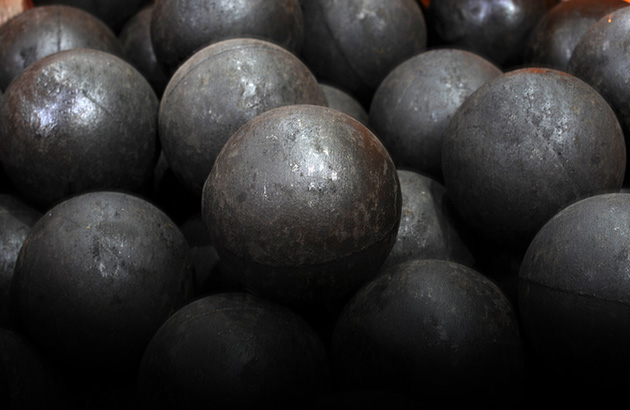
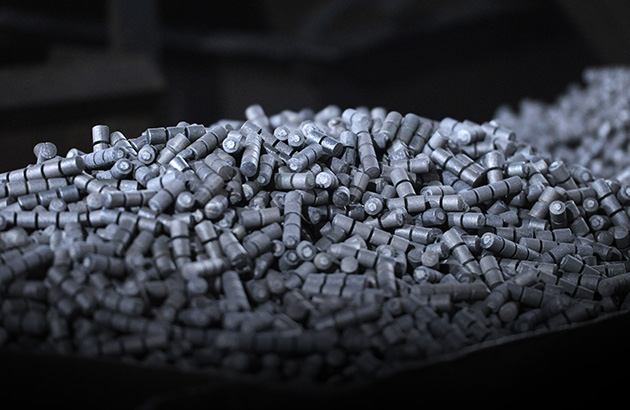
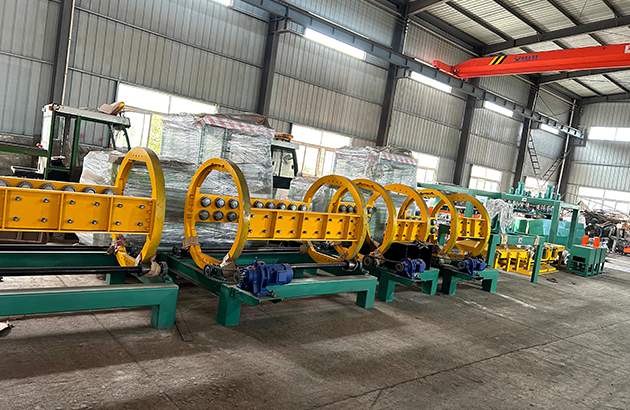


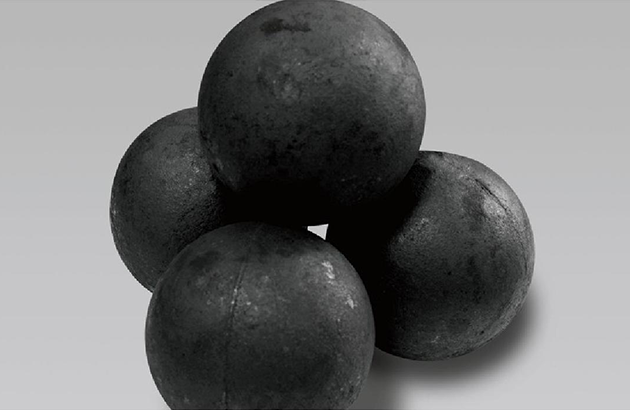
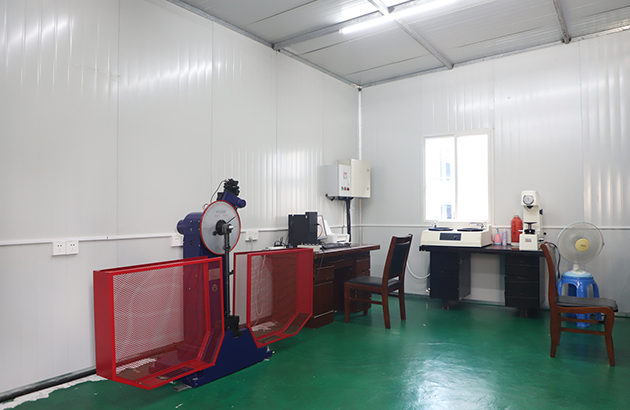
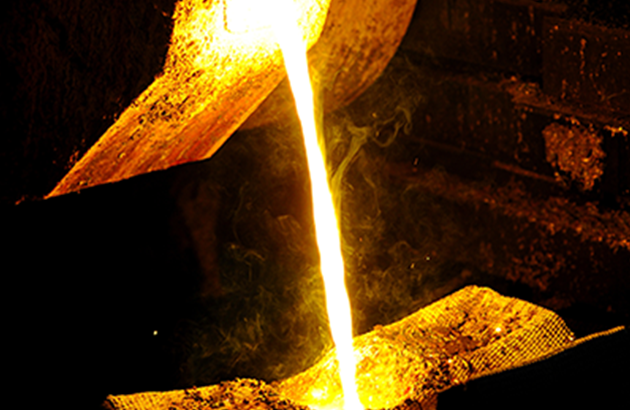
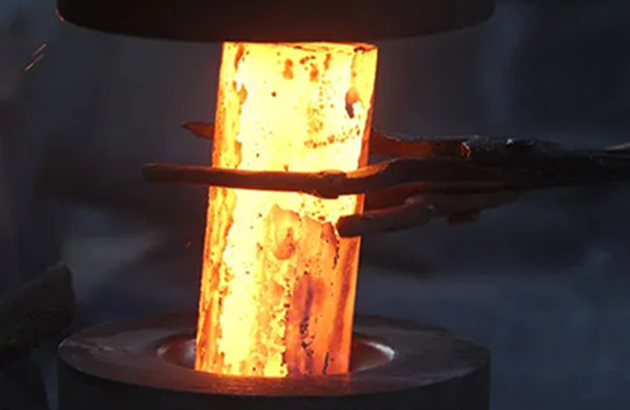






 Phone
Phone